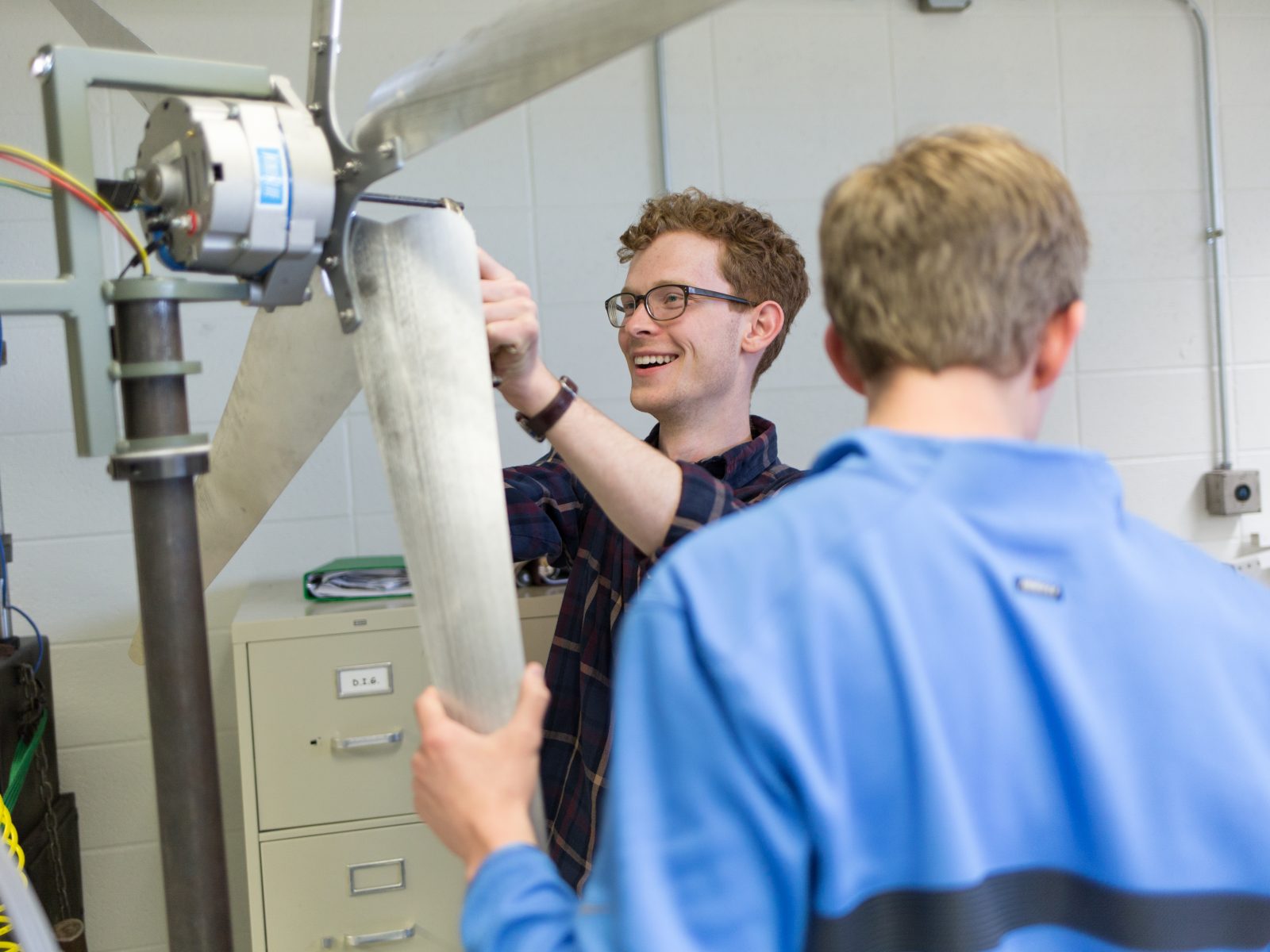Attaining an internship for workplace experience is a valuable opportunity for many university students. For some students in the Honors program, internships help hone skills they have already been working on their entire life.
“Honors helped me present ideas in a coherent manner, and this helped me with my internship interview,” Senior Colin McBride said. “In both a resume and an interview, you only have a small amount of space and time to describe your strengths and qualifications. Writing an essay on Rococo art or a research paper on identity in virtual environments may not have direct tie-ins to an engineering job, but the practice of translating thoughts to paper or preparing a presentation contribute significantly to interview preparation.”
Students in the Honors program are required to take classes like philosophical beliefs within identity, how the Bible relates to scientific beliefs and the development of artwork across the world. However, while these projects may help some interns, these skills do not always translate to the workplace.
“Honors didn’t really apply to a technical internship like mine,” Junior Arrian Taton said. “Honors is more of a humanities-based program, and my major is Computer Science. While things like public speaking could have been influenced by honors, I use the skills I learned from my major more often than the ones I learned in Honors.”
Entering the workplace produces different challenges than life at university, but due to strong preparation, students participating in internships were able to rely on skills attained through hard work and hours of study.
“I learned that I needed to cooperate with other individuals when our leader wasn’t there in order to get things done,” Taton said. “Our team lead was away on business for Northrop Grumman for more than half of the internship but had given us the free reign to design the system and actually program it. Without the leadership, though, we didn’t know how to start. However, we learned pretty quickly that we needed to take the lead on it and at least start.”
Taking initiative is a common piece of advice from former interns.
“I had several times where I realized that I knew how to solve a programming problem because I had learned about it in one of my classes.” McBride said. “That knowledge allowed me to provide meaningful contributions and show my own expertise, even as an intern. I learned a lot at my internship, but I was also able to apply a lot of what I already knew.”
Ultimately, the open-minded approach towards new experiences that the Honors program encourages may be the most vital skill a student could bring to an internship.
“Internships are a great place to learn practical knowledge and apply skills acquired in college, but the connections you make are just as significant,” McBride said. “I met people from several different walks of life and got to know them professionally and personally. Conversations about programming and promotions blended with discussions of faith and religion, and I was able to broaden my perspective in unexpected ways.”














Be First to Comment